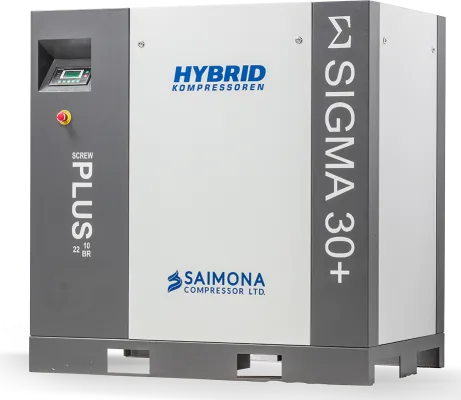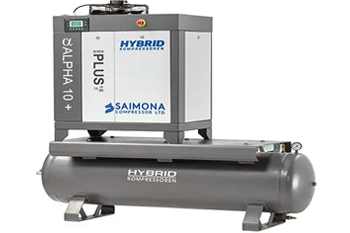Industrial Air Compressor Buying Guide You Need
More than merely a piece of machinery, an industrial air compressor is the driving force behind many of activities. An air compressor offers an invisible but necessary help from operating pneumatic tools and maintaining assembly lines to allowing spray painting and exact processes. Choosing the incorrect unit can lead to inefficiency, excessive costs, and regular downtime. Choosing the appropriate one, though, will maximize energy consumption, increase production, and provide years of dependable service.
Why the Right Compressor Matters
Industrial plants use compressed air as a major share of energy. An industrial air compressor that is too small wastes energy and disrupts output. While undersized designs struggle to keep up with demand, oversized ones wear out rapidly.
Stability, efficiency, and durability are all guaranteed by the right air compressor. Delivering clean airflow at the right pressure and volume, it is a worthwhile long-term investment rather than a quick fix.
Types of Industrial Air Compressors
- Reciprocating (Piston) Compressors:These piston driven air compressors squeeze air inside cylinders. Though noisy and better suited for intermittent rather than continuous use, they are strong and dependable and produce great pressure.
- Rotary Screw Compressors:A popular choice for continuous operations, rotary screw industrial air compressors use helical rotors to compress air in a smooth, steady flow.
- Centrifugal Compressors:Centrifugal air compressors create pressure by accelerating air using high-speed impellers. Perfect for very high quantities, they have excellent scale yet demand greater starting price and difficult maintenance.
- Scroll and Vane Compressors:Scroll industrial air compressors rely on orbiting scrolls for quiet, low-maintenance operation, while vane compressors use sliding vanes that are effective but subject to wear over time.
Key Specifications to Consider
- Airflow Capacity (CFM): Make certain your air compressor satisfies or surpasses your peak demand with a margin of safety.
- Operating Pressure (PSI): Line your industrial air compressor to the exact specifications of your tools or operations.
- Duty Cycle: Choose a compressor made for continuous service for nonstop operation.
- Horsepower & Motor Efficiency:Long-term energy usage is reduced by a high-efficiency motor.
- Power Supply:Check your facility's voltage and phase's compatibility.
- Receiver Tank Size:: An appropriately sized tank balances pressure changes.
- Air Quality Requirements: Oil-free compressed air might be needed by sectors like food, pharmaceuticals, and electronics.
Conclusion
A long-term investment, an industrial air compressor straight affects productivity, operational expenses, and reliability. Facilities may guarantee an air compressor that supports activities for years to come by matching specifications with demand, assessing compressor types, and giving efficiency top priority.




